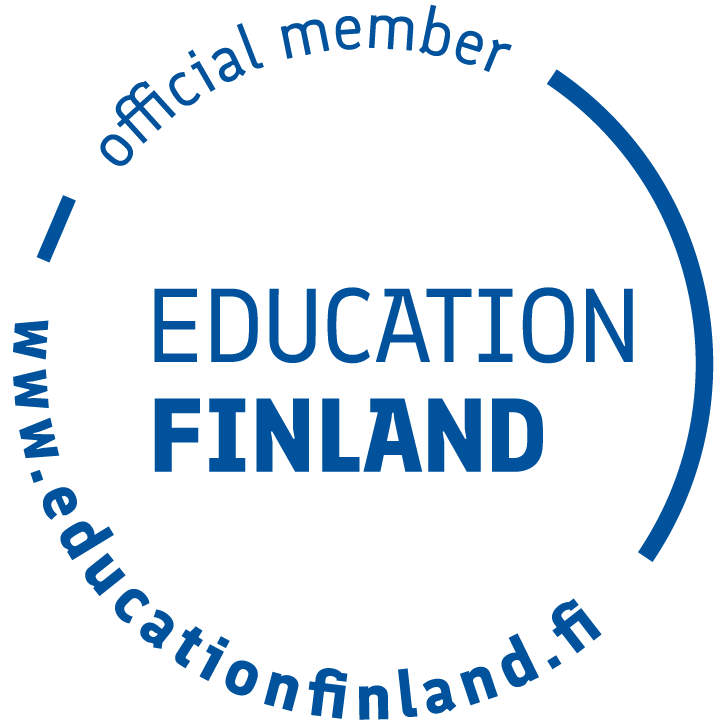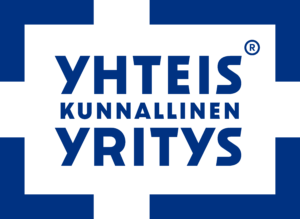INNO-VET Explored innovative models of best practise in VET which enhance the workplace learning of employees who are non-native speakers
A Leonardo da Vinci partnership established with the purpose to identify and evaluate innovative methods for workrelated language learning for employees who do not have the language as their mother tongue.
The challenge that the INNO-VET project partnership aimed to address centred on the difficulties employers of non-native speaking employees (minority ethnic employees and migrant workers) and non-native speaking employees experience (both engagement in learning and achieving a desire learning outcome) when undertaking work place VET which is traditionally designed for native speakers and does not take into consideration the discrete needs of non-native speakers as learners in the workplace. This can result in under-achievement and lower than average employment progression for the employee and under-performance and lower productivity for the employer and potentially influence employers not to employ or be less proactive in employing workers from other European countries.
With this is mind, the aim of the INNO-VET partnership was to develop the optimum framework for workplace VET design and delivery which would meet the learning needs of employees who are non-native speakers and as a result engenders a positive learning outcome for both employee and employer.
The INNO-VET partnership explored innovative models of best practice in VET which could enhance the workplace learning of employees who are non-native speakers; the concrete objectives of the partnership were:
- To work together to explore and critically evaluate seven best practice models for workplace learning from seven European countries which include considerations and or proactive measures for employees as learners who are non-native speakers
- To work together to review the seven best practice models and identify how they can be transferred to other European countries
- To work together to develop an action plan/Framework to progress the findings of the partnership for example:
–Further testing the models in a range of vocational settings
–Developing the optimum model framework from the learning and knowledge the partnership achieved during its work phase and piloting/testing these in the workplace context
–Production of the INNO-VET Manual – Peer Reviewed Exemplars of innovative models of workplace based language learning for non-native speakers - To share collective responsibility for the pro-active dissemination of the INNO-VET project, its values, ethics and practice principles, desired outcomes, work in progress and results, outcomes and next steps for VET locally, regionally, nationally and on a European platform.
The project was completed on July 2011.






